INKBLOTS – March 15, 2010
Eleven men (young and … well, not exactly old), crackling fire, Twisted Zin, home-brew cider, good criticism, jovial critique. Rules: ten minute read for prose; poetry in full--unless your idea of poetry is in line with John Milton’s.
Doug McComas leads off. I’m sure hoping that he’s switched to first person when he shifts to the old man’s recollection of the Battle of Tarawa. D has given us an authentic window into Marines preparing to take a runway, under heavy Japanese enemy fire. I think D gets too quickly to the hand-to-hand combat with the enemy in the trench. Let the reader anticipate it with the gut-churning anxiety that a real Marine would have felt. “Periods of fear interspersed with dread,” doesn’t work so well to my ear. It seems like D needs more contrasting emotions than fear and dread. Fear of what or who? Dread of what?
Let’s chat about violence, gratuitous versus essential, authentic, with human revulsion at the violence and horror that is war. Where is the human anguish at it all? I harangued--blah, blah, blah--on more in his head, horror at what is about to happen. Will I be a coward? Will I fight well? Will I be killed? Be wounded? Maimed for life? Disfigured? Numbness, dullness at the carnage and dehumanizing insanity of it all. This needs ramping up.
Brendan W commented on the strength of D’s humor in the immediate context of mortal combat, impending doom. The Brown young men attempted to make comparisons with adventures they have been in that carried some degree of risk, invoking fear, acknowledging that it was benign by comparison with WWII brutalities in the Pacific theatre.
Some discussion of the enemy, developing their motivation, their commitment to emperor worship, national loyalty, Japanese culture, Samarai honor fighting. His protagonist, Nathan, retiring, going home, a Bible translator. I asked if he was writing for adults or young people. D responded that he was writing for young people because he didn’t feel competent to develop the intricacies of Bible translation. A flurry of books-to-read suggestions came. D would only need to read Wayne Grudem, Leland Ryken, and a couple of dozen more volumes to flesh out those paragraphs. What’s the problem?
David K reads another episode of his futuristic political thriller. Ned S remembered exactly where D had been last time. A good sign, indeed. Did I mention this was a male-only writing gig? These guys write about war, fighting, assassination. “I’m a soldier…” motif works well. Specific Federalist Paper, but give us a reason why it’s his favorite, a brief excerpt or topic summary. “You’re full of crap,” brings up the topic of the place of coarse language in stories for males, any stories. This was in jest, between two friends who banter with each other. Question arises, when and if this is necessary. I’m convinced it is, sort of, maybe, done right, if that’s possible. Solzhenitsyn did, but then, it was pretty foul stuff in places, as was a Stalinist work camp in the 50s. But I don’t do it in my writing, not this way. David gets in some good humor and banter, that provoked some genuine laughter in the room (not token, I-think-we’re-supposed-to-laugh moments).
I think the point of view shift from the two friends bantering to the girls bantering is awkward. Who are we supposed to care about? I get confused between Alexis and the guys. It’s possible to do this, that is shift POV, but it is very difficult to do well. “Asking for something else.” Be more specific, kind of food, quantity. Sean commented that some of it sounded like telling instead of showing.
Brendan W still working on his book-in-a-month project. He shared the strategy of writing down what he liked about his favorite books and then books he’s read and what it was about them that he did not like.
Now to read his book (after trashing first person point of view). Pauses and makes a Mozart analogy; he plans out the entire symphony, then writes it. Not convinced he has the right names for characters, but then there’s always the find and replace function to fall back on. Guy on a horse. Too much unfriendly stuff. You are telling us about disturbances of the mind, and strange feelings of doom, but without getting your reader inside his head, though it seems to be a story about thoughts, inner conflicts. Wasted and stunted life, but you haven’t shown us this, in anatomical ways, real emotions. I’ll speak bluntly; it feels like a sham more than a real novel. Maybe just me and my preferences. I’m not a big Tolkien-esque fan. Others were laughing, the young men, anyway. Maybe I just don’t get it. Could be. Maybe it’s the blogging. B is a postman and we’re hearing some evil overlord (Postmaster General) hints in the tale. Good touch.
It’s really a crack up. Brendan laughingly admits that, though this is super fleshed out in 5,000 words so far, he has no idea where he’s going. He laughed hilariously when he told us this. I’d suggest voiding adverbs in his descriptions. Just three more paragraphs (said B when he was cut off for his ten minutes). Three rather long paragraphs, yet full of swords and bowels, crunching of bones, warm blood… We may want to work on paragraph unity. It’s fun. Andy S commented on how good it is, and that he was drawn in, and it does seem like B does know where he is going.
Talk about ideas and when and how they come. Brendan admitted that the ideas for this eery tale came from being on a bike ride where he got creeped-out as night fell, dark, winter, and he decided that he had to write it down.
Ned St. John reads autobiographical material from his life in Africa as missionary kid. Reluctant to read after “that.” Good use of native dialect. Let’s hear more of this. The flashback is too abrupt, needed explanation. I think this can be easily smoothed in. Reflecting back on the jet plane and on Livingston and Stanley. Describes his parent’s roles as missionary pastor/teacher father and nurse mother. The impressions on his young impressionable life, hunting, poaching, cultural revolutions missed in the USA, while he was shuffling along in the 19th century. So he wanted to return, but the mission board discouraged him to return as missionary since he had not completed college. Let’s hear this conversation. So he decided to return as wildlife photographer and visions of grandeur. Develop the conversations with his father cautioning him to be realistic. Let’s hear this in dialogue, show it, don’t just tell it. I’m guessing there were sparks between father and son on this. Let’s see, hear, feel them. Develop the car more. We want to hear more about the safari, the climb of Mt. Kilimanjaro. I’m going to guess that you are not telling us all about your personal inner struggles with your parents’ faith, your youthful aspirations, romanticized idealism about life in Africa. Develop this if you want this thing to fly. N had an incredible story to share. Give us the authentic insider, multi-sensory Africa experience.
Sean reading his tale about Petra, ancient near-eastern tale. Not a lot of plot, he apologizes. Futuristic space war story? We’ll see. Hostage situation on the moon. He writes poetry so interspersed. Show apprehensively in posture, mannerism, gnawing lip. Opening scene with preparation for blast off. What does Steven need to learn, changes he needs to confront, deeper understanding he needs to embrace. I appreciate hugely the impulse to bring in the recollection of his pastor, the prayer, but it seems abrupt. It makes me wonder what changes he needs to undergo. If you don’t have a conflict, you don’t have a story. Put him in the furnace, and then test his theology. Does he really believe what he says he believes? The plot should force this.




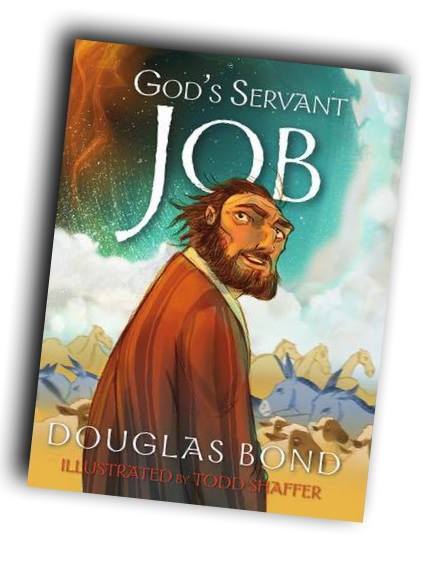


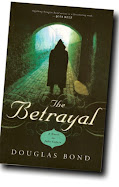
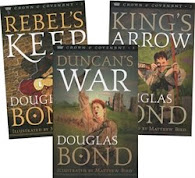
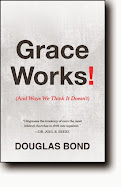
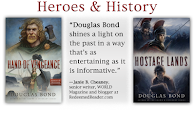









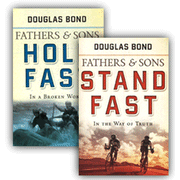

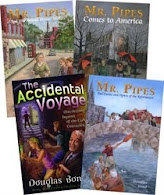

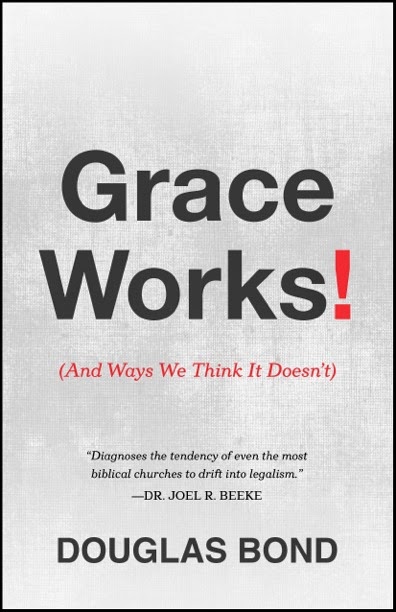
No comments:
Post a Comment